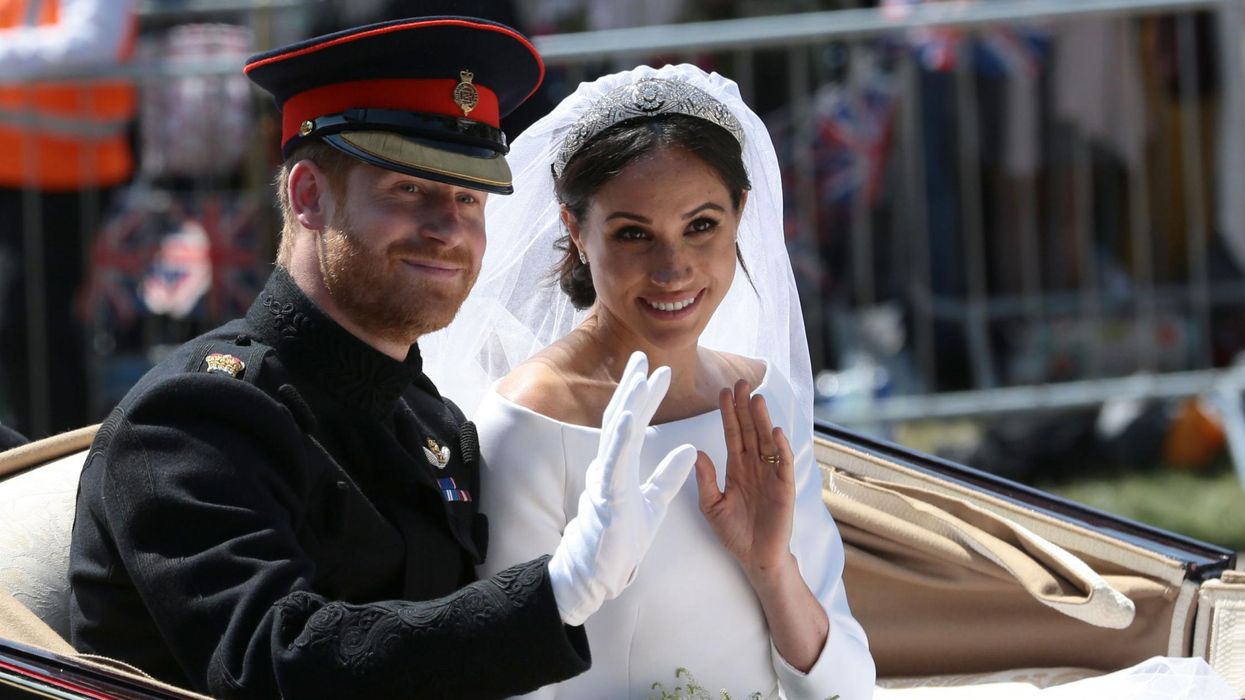Greg Evans
Jul 17, 2017

Picture:
Getty Images / WPA Pool / Pool
The Royal Family are recognised around the globe and their appeal brings flocks of tourists to Britain every year.
You might be surprised to find out why they don't use a surname - and how they became the Mountbatten-Windsor's.
On July 17, 1917 King George V decreed that the family surname would become Windsor.
Prior to this it had been Saxe-Coburg and Gotha which was of German descent.
This was because royals usually adopted the surname of their origins of their family's dynasty.
Some of the more common examples of this trend were Tudor, Stuart and York.
Yet, the anti-German sentiment that had been stirred up during World War I convinced the King to change the surname to something a little more British in the public's eye.
The Windsor name still stands today but a slight modification was made when the Queen married Prince Philip in 1947, who was then known as Philip Mountbatten.
When the Queen was coronated her name changed to Queen Elizabeth II, whilst Philip's became Prince Philip, Duke of Edinburgh.
By 1960 the couple had decided that they wanted to differentiate their family tree from other Royals and introduced the surname Mountbatten-Windsor.
You're probably wondering why you don't see that hyphenated name too often and that is because any royal with the title "His Royal Highness Prince" or "Her Royal Highness Princess" doesn't need to use a surname at all.
They can use Mountbatten-Windsor if they need to, such as when enrolling in education or the military but they don't have to.
To complicate matters some Royals have even been known to use their specific geographical designation as their surname.
For instance, when Prince Harry and Prince William joined the military they went by the names of Harry Wales and William Wales respectively.
Why would they do that? Because their father is the Prince of Wales.
Essex and York have also been used in similar circumstances.
This statement from the Royal Family website might clear this issue up:
A proclamation on the Royal Family name by the reigning monarch is not statutory; unlike an Act of Parliament, it does not pass into the law of the land.
Such a proclamation is not binding on succeeding reigning sovereigns, nor does it set a precedent which must be followed by reigning sovereigns who come after.
Unless The Prince of Wales chooses to alter the present decisions when he becomes king, he will continue to be of the House of Windsor and his grandchildren will use the surname Mountbatten-Windsor.
HT Independent
Top 100
The Conversation (0)













